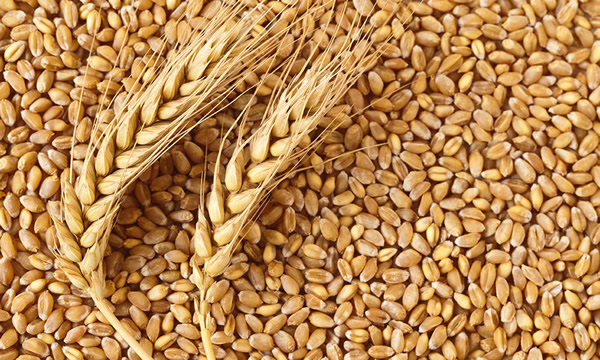Technologies for African Agricultural Transformation on Tuesday in Kano affirmed that preparations have commenced towards producing and exporting high yielding heat-resistant wheat through research efforts.
The Value Chain Specialist at TAAT Clearinghouse, Dr Oluwatoyin Adetunji, who made the disclosure at flag-off of a two-day wheat training workshop, said the objective of the workshop, among others, is to identify challenges mitigating the wheat seed sector in Nigeria and proffer solutions towards addressing them.
According to her, the objective of the workshop, among others, is to identify the challenges mitigating the Wheat seed sector in Nigeria, which participants at the workshop will brainstorm on.
TAAT has already commenced the process of developing a robust seed sector for the provision of adequate high quality wheat seeds that will be made accessible and affordable to Nigerian Farmers.
Adetunji lamented that to date, Nigeria imports not less than 95 per cent of wheat in the country, a situation that has been and still draining our foreign exchange, adding that in the not-too-distant future, following the intensification of research programmes on Wheat, Nigeria will commence the exportation of high-quality wheat to other countries.
She enumerated the challenges currently facing TAAT, to include, technology and financing, which she emphasized the workshop is squarely addressing, toward making Nigeria self-sufficient in wheat production, so as to rival Ethiopia and Sudan, that is self-sufficient in wheat production.
“Wheat is very important and the most commonly consumed globally, as it is used for the production of bread, macaroni, spaghetti, masa, cuscus, and what have you. Following our commitment and determination, we have through intensive research programmes developed heat-tolerant, which can survive in Nigeria.”
Other objectives of the workshop include the identification and causes of seed mixtures, along the seed value chain, as well as to identify the missing gaps in the seed development process.
“Wheat is a strategic commodity after rice in achieving food and nutrition security with a vital role in supply of basic raw material to the flour milling industry whose main baking product is bread and various confectioneries, ranging from biscuit, noodles to semolina, among others.”
“The importance of wheat has been steadily increasing in the recent past decades owing to the growing population, changing food preferences and increasing urbanization which has led to a growing demand and supply gap.
Commercial wheat production started with the development of irrigation schemes in Northern Nigeria. National annual demand for Wheat is 5.78 million metric tons per annum according to the Nigerian Bureau of Statistics. The gap between production and national requirement/demand is 5 million metric tons per annum.
The government targets to increase wheat productivity from the current average 3.0t/ha to 5.0t/ha and the share of domestic wheat self-sufficiency from 5% to 50%, production from 71,000mt to 3.5million mt. The country further hopes to reduce post-harvest loss from the baseline 30% to 15% and income of wheat farmers increased from baseline N300,000/ha to N600,000/ha.
According to her, stakeholders during the workshop will brainstorm through interaction to identify specific problems relating to their organizations, adding that the workshop will engage in technical knowledge sharing on how to develop the seed sector for efficiency and effectiveness.
Share your story or advertise with us: Whatsapp: +2347068606071 Email: info@newspotng.com















